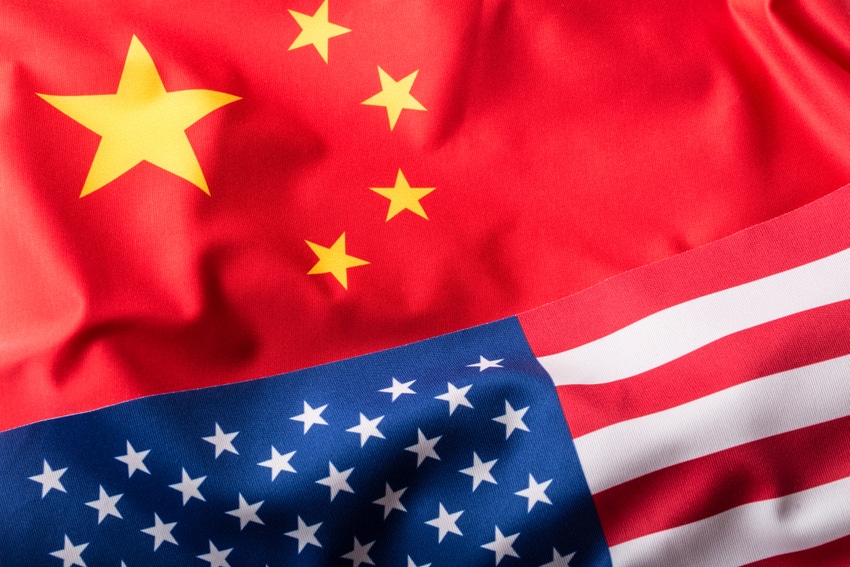Poultry groups project Chinese market could exceed $2 billion annually.

After banning all U.S. poultry since January 2015 due to an avian influenza outbreak, China announced Thursday that it will lift its ban on U.S. poultry and poultry products. The ban was enacted after the detection of highly pathogenic avian influenza (HPAI) in the U.S. While the U.S. has been free of HPAI since 2017, China had yet to lift the ban.
“This is great news for both America's farmers and China's consumers,” U.S. Trade Representative Robert Lighthizer said. “China is an important export market for America's poultry farmers, and we estimate they will now be able to export more than $1 billion worth of poultry and poultry products each year to China. Reopening China to U.S. poultry will create new export opportunities for our poultry farmers and support thousands of workers employed by the U.S. poultry industry.”
This action represents a significant opportunity for U.S. chicken and turkey producers, according to a joint statement from the National Chicken Council, the National Turkey Federation and the USA Poultry & Egg Export Council. At its peak, the annual value of poultry exports from the U.S. to China was $71 million for turkey and $722 million for chicken. The U.S. exported more than $500 million worth of poultry products to China in 2013.
Renewed access to the Chinese market could result in $1 billion annually for chicken paws alone, and due to China's meat protein deficit as a result of African swine fever, there could be up to another $1 billion of potential exports of other chicken products, including leg and breast meat. Turkey exports could generate another $100 million in sales and poultry breeding stock at least $60 million more.
“Lifting the ban has been a top priority of the U.S. poultry industry for the past four years,” the poultry groups said. “We thank President [Donald] Trump, Agriculture Secretary [Sonny] Perdue, U.S. Trade Representative Lighthizer, Treasury Secretary [Steve] Mnuchin, congressional leaders and their staffs, all of whom have worked tirelessly to reach an agreement with China and ensure the poultry industry has access to this market.”
The poultry groups said they look forward to resuming a trade partnership with China in the coming weeks. “America's poultry producers are committed to raising high-quality, nutritious products, and we are extremely pleased that we will once again have the opportunity to share these products with Chinese consumers,” the groups said.
Perdue added, “After being shut out of the market for years, U.S. poultry producers and exporters welcome the reopening of China's market to their products. America's producers are the most productive in the world, and it is critical they be able to sell their bounty to consumers in other parts of the globe. We will continue our work to expand market access in important markets like China as well as other countries to support our producers and U.S. jobs.”
The American Feed Industry Assn. (AFIA) noted that it, too, is pleased with China’s decision to resume imports of U.S. poultry and poultry products. China is a valuable market for the U.S. animal food industry – for exports of feed, feed ingredients and value-added products such as meat and poultry. With China resuming imports of poultry and poultry ingredients, AFIA also expects more use of feed and feed ingredients for the U.S. poultry industry.
“Reopening this market for poultry products is also an important first step in expanding the Chinese market for U.S. pet food,” AFIA president and chief executive officer Constance Cullman said. “This ban was first put in place in 2015 when pet food was already subject to a Chinese restriction on ruminant ingredients. This left few options in the way of animal-origin ingredients in pet food destined for China. As a result, exports of U.S. pet food to China dropped from an already meager $8.3 million to $1.4 million within the first year.”
About the Author(s)
You May Also Like


.png?width=300&auto=webp&quality=80&disable=upscale)


